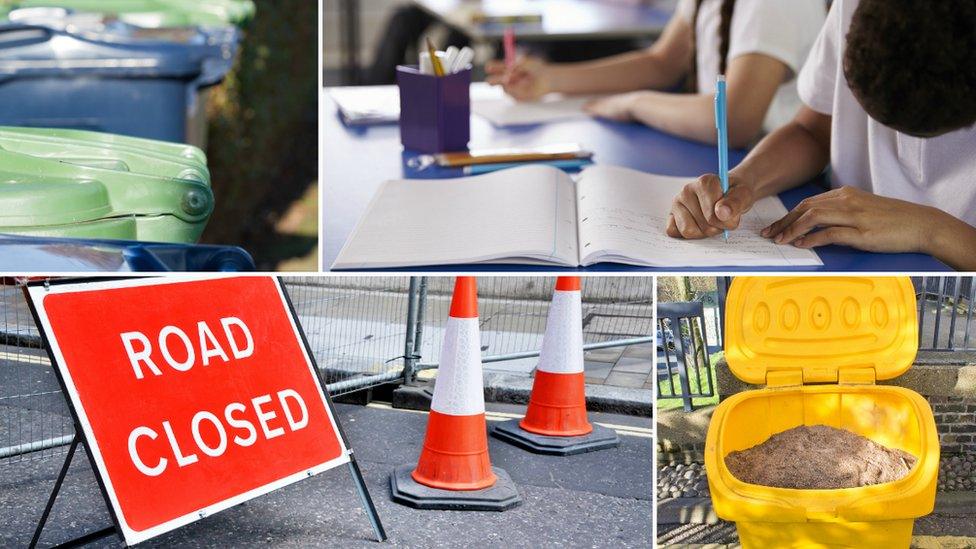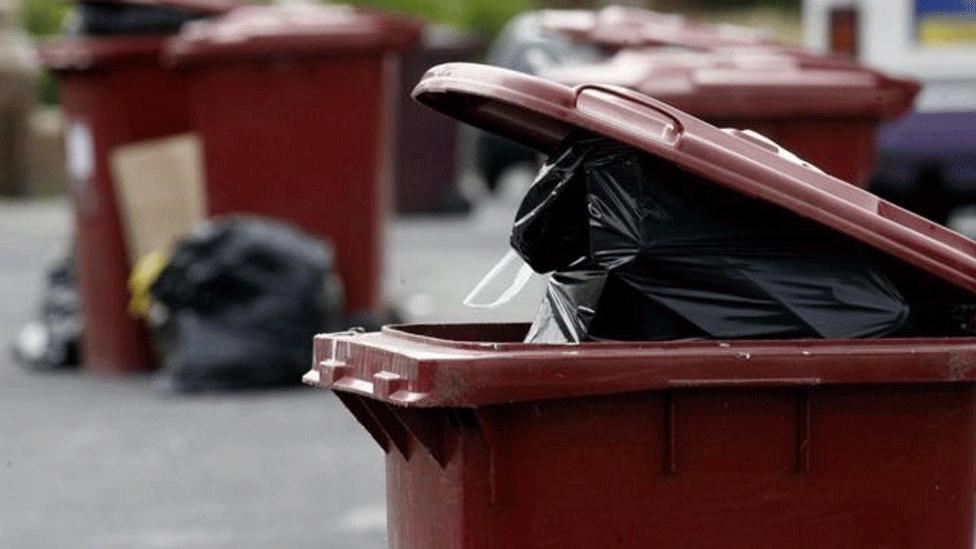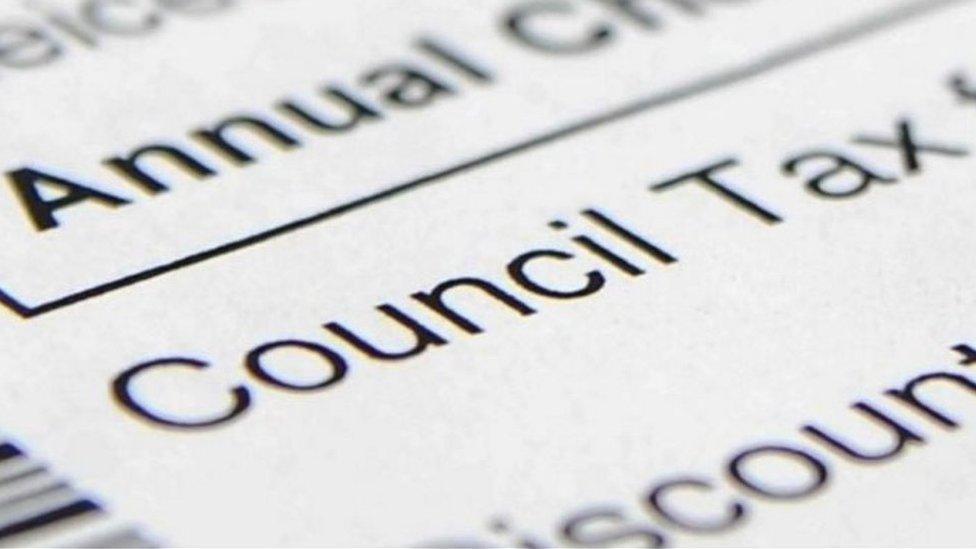West Dunbartonshire Council freezes council tax rate
- Published

West Dunbartonshire council is to freeze the basic rate of council tax, despite the national council tax freeze ending this year.
It is the sixth Labour-led council not to put up basic bills, and retracts indications by the leader in December that a 3% rise was likely.
However, householders who live in properties in Band E to H will still face a rise after MSPs agreed changes.
It means a Band H property will go up by £523.35.
So far six councils - all with Labour leaders - have voluntarily decided not to raise the basic rate of council tax although this adds to the pressure on their budgets.
They are:
South Lanarkshire
Inverclyde
Renfrewshire
West Lothian
Aberdeen
Seven more councils are due to confirm their plans on the council tax later today including Stirling, Dundee, East Dunbartonshire and North Lanarkshire.
This is the first time since 2007 that councils have been able to raise council tax without losing government funding. They have the power to raise basic bills by up to 3%.
Aberdeenshire and Perth and Kinross councils both opted for rises of less than 3%.
West Dunbartonshire Council leader Martin Rooney said: "This budget will protect our residents from the burden of a council tax rise being introduced in many councils across Scotland.
"It also transforms our communities by investing in a range of projects in local areas to ensure our residents directly benefit.
"We know the value of play and sport and we want to ensure every community in West Dunbartonshire has facilities that support these activities."
The council said it would use £2,032,000 of its free reserves to fund the freeze in the council tax, invest £772,000 to enhance services, and close the identified £421,000 gap in the council budget.
Like all councils, West Dunbartonshire has cash reserves to protect the organisation from unexpected costs such as severe weather damage.
However, any council which voluntarily freezes the council tax leaves itself open to criticism.
Anti-austerity campaigners might argue any council which voluntarily foregoes income is not doing all it can to mitigate and minimise cuts.
Meanwhile, supporters of the Scottish government may argue that a council which chooses not to put up council tax can no longer complain about the amount of government cash it is receiving.
Council organisation Cosla claimed councils across Scotland faced about £200m of cuts and savings.
The Scottish government agreed to give councils £160m more than it had originally intended to secure support from the Greens for its budget.
- Published22 February 2017

- Published23 December 2016
